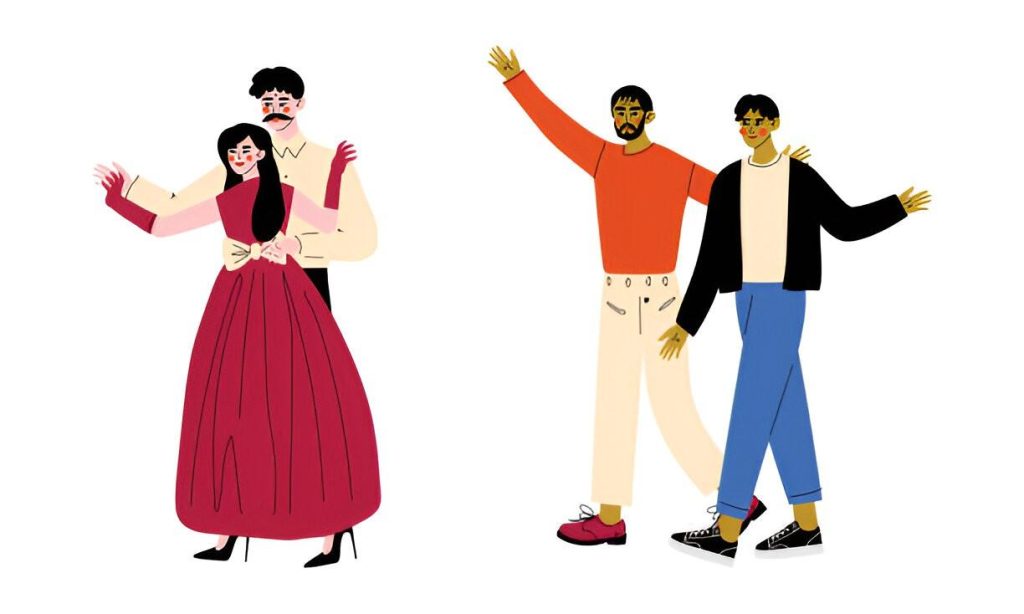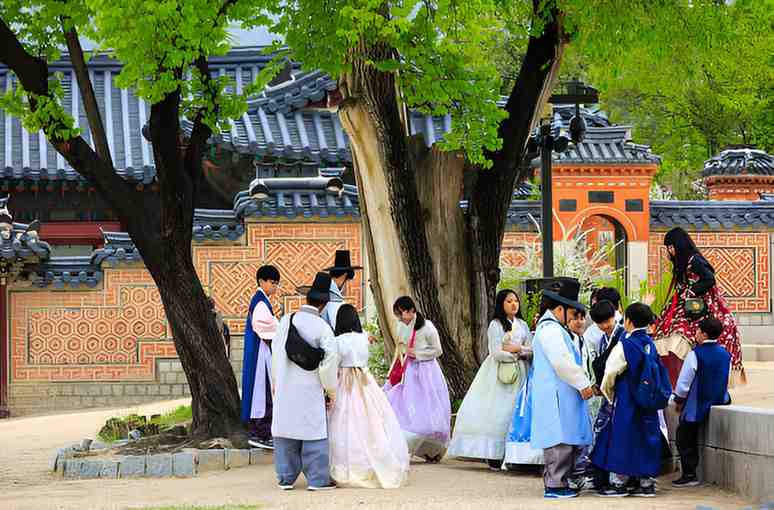Table of Contents
Korean dramas—or Kdramas—have taken the world by storm. With their emotional storytelling, stunning visuals, and charming leads, K-dramas have built a massive fan base across continents, including India.
However, while many Indians are deeply obsessed with Kdramas, a surprisingly vocal segment of the population actively dislikes or even hates them.
But why? What could cause someone to reject a genre so loved by millions?
In this article, we’ll uncover 5 brutal truths behind why some people hate Kdramas in India—and why their opinions may have some merit.
What are K-dramas?
Kdramas” is short for Korean dramas — scripted television series produced in South Korea.
Here’s a quick breakdown:
- ✅ Origin: South Korea
- ✅ Language: Mostly in Korean (with subtitles or dubbing available worldwide)
- ✅ Genres: Romance, comedy, thriller, historical, sci-fi, fantasy, and more
- ✅ Popular Platforms: Netflix, Viki, Disney+, Prime Video, etc.
- ✅ Episode Count: Typically 16–20 episodes (but can vary)
Why Some People Hate K-dramas in India?
Some people hate K-dramas in India due to cultural disconnect, language barriers, predictable storylines, lack of relatable characters, and toxic fandom behavior.
While Kdramas are popular among many, others find them overly dramatic, unrealistic, or hard to connect with on a personal and cultural level.
Cultural Disconnect and Over-Romanticization

One of the main reasons some Indian viewers reject K-dramas is the cultural disconnect.
While Korean and Indian societies share some values like respect for elders and traditional family structures, the execution in storytelling is very different.
Many Indian viewers find K-dramas overly romanticized and emotionally exaggerated. Grand gestures, slow-burn relationships, and excessive melodrama can feel unrealistic and even irritating to some who prefer more grounded storytelling.
“It feels like they drag one emotion for five episodes,” says Ankit, a 24-year-old engineering student from Delhi. “Real relationships are not that dramatic.”
Additionally, some find the social cues, body language, and emotional intensity too unfamiliar or uncomfortable, making it hard to connect with the characters or their decisions.
Language Barrier and Dubbing Frustration
Let’s face it—watching a show in a foreign language isn’t always easy. For many Indians who don’t understand Korean, the reliance on subtitles becomes a chore rather than a joy.
Reading subtitles while trying to enjoy nuanced performances can be mentally taxing, especially after a long day.
On the other hand, Hindi-dubbed versions of K-dramas often suffer from poor voice acting and awkward translations.
This ruins the emotional tone and makes it feel artificial or even cringeworthy.
“I tried watching a dubbed Kdrama, and the voice was so off-putting, I gave up in 10 minutes,” says Meera, a homemaker from Lucknow.
This disconnect leads to frustration, reducing enjoyment, and causing viewers to drop the show altogether.
Lack of Representation and Relatability
Kdramas are inherently Korean stories for Korean audiences, and that’s completely fair. But for some Indian viewers, the absence of diversity or anything that feels familiar can feel alienating.
Indian culture is rich, colorful, and emotionally expressive—but in a different way. When Indian viewers don’t see people who look like them, speak like them, or live like them, it becomes hard to emotionally invest in the story.
Moreover, some viewers criticize the lack of dark-skinned characters or non-Korean representation in Kdramas, which can come off as colorist or exclusionary.
“Everyone looks the same, talks the same, dresses the same. It gets boring,” shares Kavya, a fashion student in Mumbai.
For an audience used to the vibrancy and diversity of Bollywood or Indian regional cinema, Kdramas may feel narrow in range and experience.
Repetitive Storylines and Predictable Tropes
Even die-hard fans admit it: many K-dramas tend to follow a predictable formula.
From the rich, arrogant CEO falling in love with the humble girl-next-door to love triangles, amnesia plots, and terminal illness themes, many stories reuse the same dramatic beats.
While this formula is comforting to fans, for some, it becomes stale and uninspiring.
Indian audiences—especially those exposed to fast-paced Western shows or gritty Indian series like “Mirzapur” or “Scam 1992”—may find Kdramas too soft, repetitive, or lacking intensity.
“After watching five Kdramas, I could already predict how the next one would end,” says Faizan, a film school student. “It felt like emotional copy-paste.”
This repetitiveness drives some viewers away, labeling the entire genre as “overrated.”
Perception of Toxic Fandom Culture
Another major reason for Kdrama hate isn’t the shows themselves, but the toxic behavior of certain fan groups.
Online, many Kdrama fans can be extremely passionate, often shutting down criticism or glorifying everything Korean while putting down Indian content.
This creates an uncomfortable space where any form of critique is met with backlash.
The obsessive nature of fan culture—constantly comparing K-pop or Kdrama stars to Indian actors—leaves a sour taste for those just trying to express their opinions.
“I said one negative thing about a Kdrama on Twitter, and 50 people jumped on me like I’d committed a crime,” laughs Pranav, a content creator. “It’s like a cult.”
This behavior alienates potential viewers who might have otherwise enjoyed the content but are turned off by the community around it.
Read also: Jeroen Dik
So, Is the Hate Justified?
While the word “hate” may sound harsh, it’s often just a strong expression of disinterest, frustration, or cultural mismatch. Just like not everyone loves Marvel movies or horror films, not everyone is obligated to love K-dramas.
It’s important to recognize that personal taste varies based on:
- Language comfort
- Cultural familiarity
- Storytelling preferences
- Social dynamics and online experiences
At the same time, Kdramas have also brought people closer across borders, sparked interest in Korean culture, fashion, food, and even inspired Indian creators to explore similar aesthetics.
So yes, some Indians may hate Kdramas—but others love them just as fiercely. And both perspectives are valid.
Final Words
The rise of K-dramas in India is undeniable, but so is the growing criticism. From cultural disconnects and language issues to toxic fan culture and repetitive plots, the reasons for dislike are real and worth acknowledging.
But remember, disliking something doesn’t make it bad. It just means it isn’t for everyone.
In a world full of diverse stories and tastes, it’s perfectly okay to love Kdramas—or not.
People also ask
Are all K-dramas romantic?
No, while romance is a popular theme, there are also Kdramas based on crime, thriller, fantasy, and historical genres.
Why are K-dramas so popular in India?
Their emotional depth, attractive visuals, and unique storytelling have captivated a large number of Indian fans, especially among Gen Z and millennials.
Is it wrong to criticize K-dramas?
Not at all. Like any art form, K-dramas are open to critique and interpretation. Everyone has the right to their opinion






